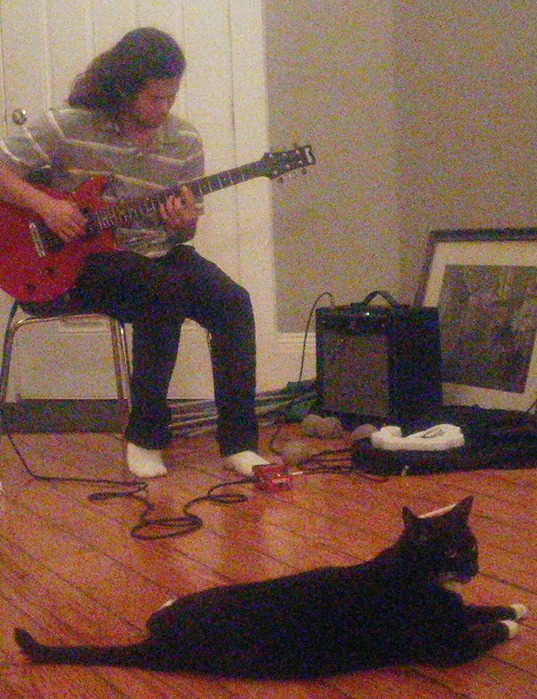Victor Bankston
I am a first year graduate student of Computer Science at Tulane University. My advisor is Michael Mislove, and my office is located in Stanley Thomas 309.
My research interests include quantum computation and information. More specifically, I am studying the discrete Wigner function as tool to examine quantum contextuality, as part of a larger program to learn about the use of quantum physics as a resource for information and computation.
Climbing the chain of abstraction, we can view this as a Computers are physical devices which embody mathematical abstraction. Physical information, or entropy, was first discovered in the physical context by Boltzmann before being adapted to at interpretation as information by Shannon. Information and computation thereby establish a relationship between the material and ideal. Moreover, this relationship has been the focal point of computer science since its inception: Turing's machine was developed to study Hilbert's problem of whether or not it was possible for to enumerate the theorems resulting from a set of axioms.
This relationship between the physical and ideal can be seen in many of its branches. For example, the study of formal languages relates the physical (syntax) to the metaphysical (semantics). Complexity theory relates physical resources to mathematical problems that can be solved. Artificial intelligence makes concrete the mind.
By learning how the abstract is grounded in material, we might make a critical step toward discovering how the mind and body relate.
The best way to proceed is by asking questions that are formulated specifically enough to allow an answer. Thus we turn to mathematics.

I have many hobbies, including juggling, fire spinning, playing guitar, writing, chess, and occasionally coding. Here is a grainy picture of me with my feline roommate, Kowboy Charles Mingus. He likes jazz, but I play horror folk.